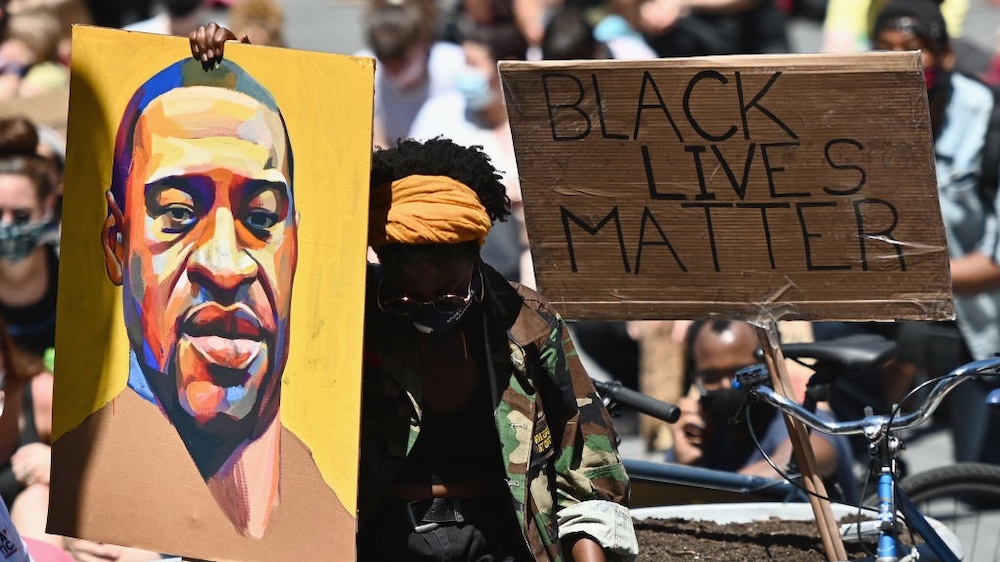If you’re interested in sharing your opinion on any cultural, political or personal topic, create an account here and check out our how-to post to learn more.
Opinions are the writer’s own and not those of Blavity's.
____
By Scott Roberts, Senior Director at Color Of Change
____
Last spring and summer, many of us found ourselves in the same position: stuck in our homes, isolated, waiting for the next Verzuz battle to be announced. Some of us lost our jobs, and many of us were furious because, even during a global pandemic, Black people were still being killed by the police, vigilante white nationalists and racist systemic violence.
The deaths of Ahmaud Arbery, George Floyd, and Breonna Taylor broke our hearts and ignited our anger. So we did what we always do when faced with injustice. We got up and joined our community to fight against the racist criminal justice system. From New York to Los Angeles, millions mobilized and took to the streets to make our voices heard and demand justice for the lives lost — together we created a movement.
We shared our grievances and emotions. Then, as usual, we talked about what we could do about it. The historic turnout at last year’s protests influenced real conversations about accountability, racial justice and policing. Together, we showed that protest is effective and brings positive social change — a change that directly threatens white supremacy.
Everyone deserves to live in a society where they are not preyed upon or exploited because of their race. Now, more than ever, we need to reimagine what public safety looks like in our community. Now is the time for transformative investments in education, housing, health care, mental health services and other resources that are far more effective in ensuring community safety than racist, heavy-handed policing.
In reaction to the power of our movement and the recent guilty verdict of Derek Chauvin, legislators in 34 states have introduced 81 new anti-protest bills. These are punitive measures intent on striking down the very people power that got us here. Some of the protest laws protect drivers who strike and injure protestors with their cars, bar people convicted of unlawful assembly from receiving student loans, unemployment benefits, and housing assistance, and create new felony offenses for protesting. Just like the backlash targeting the Black community through voter suppression bills meant to stop our growing electoral power, these anti-protest bills are a backlash against the power of our protest movement.
At the same time, they’re trying to both take away our right to protest injustice, while also granting impunity to counter-protesters, including white nationalists, who want to harm us.
Here’s a glance at what we’re up against:
- In Florida, which is ground zero for these bills, Governor Ron DeSantis signed sweeping anti-protest legislation that includes preventing protestors from being released on bail until they have appeared before a judge, as well as increasing penalties for taking down monuments. The offense is being classified as a second-degree felony punishable by up to 15 years in prison.
- A proposal in Indiana would ban anyone convicted of unlawful assembly from holding state employment, including elected office.
- In Minnesota, anyone convicted of unlawful protesting would not be able to receive student loans, unemployment benefits or housing assistance.
- Republican legislators in Florida, Oklahoma and Iowa have already passed bills to protect drivers who strike and injure protesters.
What we’ve learned over the past year is that police and prosecutors don’t need more tools to abuse our human, civil and constitutional rights. But, that’s exactly what these laws would give them. These laws are not about protecting the peace, they are about silencing dissent. These laws criminalize peaceful protesting and are an assault on our democracy and a coordinated attack on Black lives.
We must protect our fundamental rights and freedom. We must protect our people power. We must take action.
Sign our petition and tell your governor to defend your rights.
